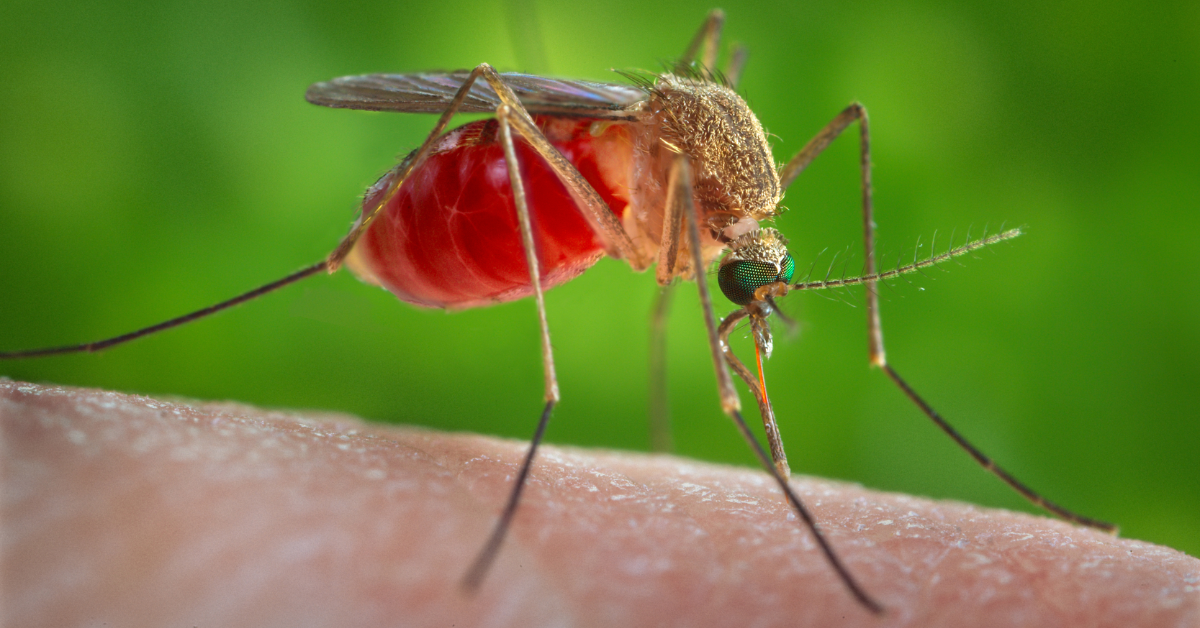Broward County officials are intensifying efforts to combat waves of “very aggressive” mosquitoes emerging from the Everglades wetlands, warning residents that the invasive insects are particularly drawn to human blood.
With heavy rains over recent weeks saturating the sprawling marshland ecosystem that borders the western edge of the county, mosquito populations have surged and become a significant public nuisance and potential health hazard.
“These mosquitoes are not just a nuisance — they’re very aggressive hunters, and they love human blood,” said Ahn Ton, Director of Broward County’s Highway and Bridge Maintenance Division, which oversees mosquito control operations. “We’re getting multiple calls every day from people all over the county.”
The Culprit: Floodwater Mosquitoes
Most of the complaints stem from a particular species of floodwater mosquito hatched after the Everglades became inundated with water from persistent seasonal rain. These mosquitoes differ from urban species that breed in containers or standing water in backyards.
“They originate in the Everglades and can travel 20 to 40 miles looking for a meal,” Ton said. “They can send out scouts, essentially, and once one finds you, the rest swarm in. It’s very noticeable.”
The Florida Department of Health warns that floodwater mosquitoes are most active at dawn and dusk, and while many are just a nuisance, some species may carry dangerous viruses such as West Nile, dengue, and Eastern equine encephalitis.
Surge in Mosquito Complaints
In the past month, Broward has received more than 500 resident complaints, concentrated particularly in neighborhoods bordering the Everglades — including Weston, Coral Springs, Parkland, and Pembroke Pines.
“Whatever they’re doing to fight these things, it’s not working,” said Weston resident Maria Alvarez. “We can’t even walk our dog without getting eaten alive. And the bug spray barely helps.”
The surge in mosquito populations is largely tied to natural flooding cycles in South Florida. According to the South Florida Water Management District, water levels in Conservation Area 3 — a massive section of the northern Everglades — recently rose by more than two feet following June rainfall
“As these floodwaters recede a bit, mosquitoes use expansive pools to lay eggs,” said Ton. “That triggers a boom in population.”
How Broward is Fighting Back
Broward County’s Mosquito Control Section has ramped up aerial and ground spraying efforts across hundreds of square miles in response to the outbreak.
“We are flying more missions and using data from traps and community reports to focus resources,” Ton said.
Broward uses larvicide treatments from helicopters to target mosquito breeding grounds before the insects hatch. For adult mosquitoes, trucks and aircraft spray low-toxicity pesticides approved by the U.S. Environmental Protection Agency.
Despite concerns, officials say the treatments are safe when used properly.
“All our materials are registered and recommended by the EPA for mosquito control,” Ton added. “They are selectively targeted and have minimal environmental impact.”
Monitoring Disease Risk
Though nuisance complaints are spiking, Broward County has not yet reported any mosquito-borne disease outbreaks this year. The Department of Health conducts ongoing sampling to monitor for virus-carrying mosquitoes.
“No West Nile or dengue has been detected so far this season,” Ton confirmed, “but we continue to monitor very closely.”
Residents are urged to take individual precautions to avoid bites and eliminate breeding grounds at home by dumping standing water from containers like flowerpots, buckets, or kids’ toys.
What You Can Do
Officials recommend residents follow the Florida Department of Health’s “Drain and Cover” guidelines:
– **Drain** standing water from garbage bins, gutters, kiddie pools, and birdbaths to eliminate breeding grounds.
– **Cover** skin with long sleeves and pants, and use EPA-approved insect repellents containing DEET, picaridin, or oil of lemon eucalyptus.
– **Cover** doors and windows with screens to keep mosquitoes outside.
Additionally, Broward has launched a public outreach campaign including robocalls, flyers, and social media posts to keep the public informed.
“We need the community’s help,” Ton said. “Government action alone isn’t enough — everyone can do their part to keep mosquitoes from spreading.”
Looking Ahead
With the rainy season in full swing and warmer temperatures creating ideal breeding conditions, Broward officials expect mosquito battles will continue into the late summer months.
Mosquito control faces unique challenges in South Florida, a region naturally rich in wetlands. While human development keeps pushing farther west into the Everglades buffer zones, so too does the breeding range of mosquito populations.
“This year is especially bad because of how sharply the water levels rose,” said Ton. “We’re staying on top of it, but these insects are resilient.”





